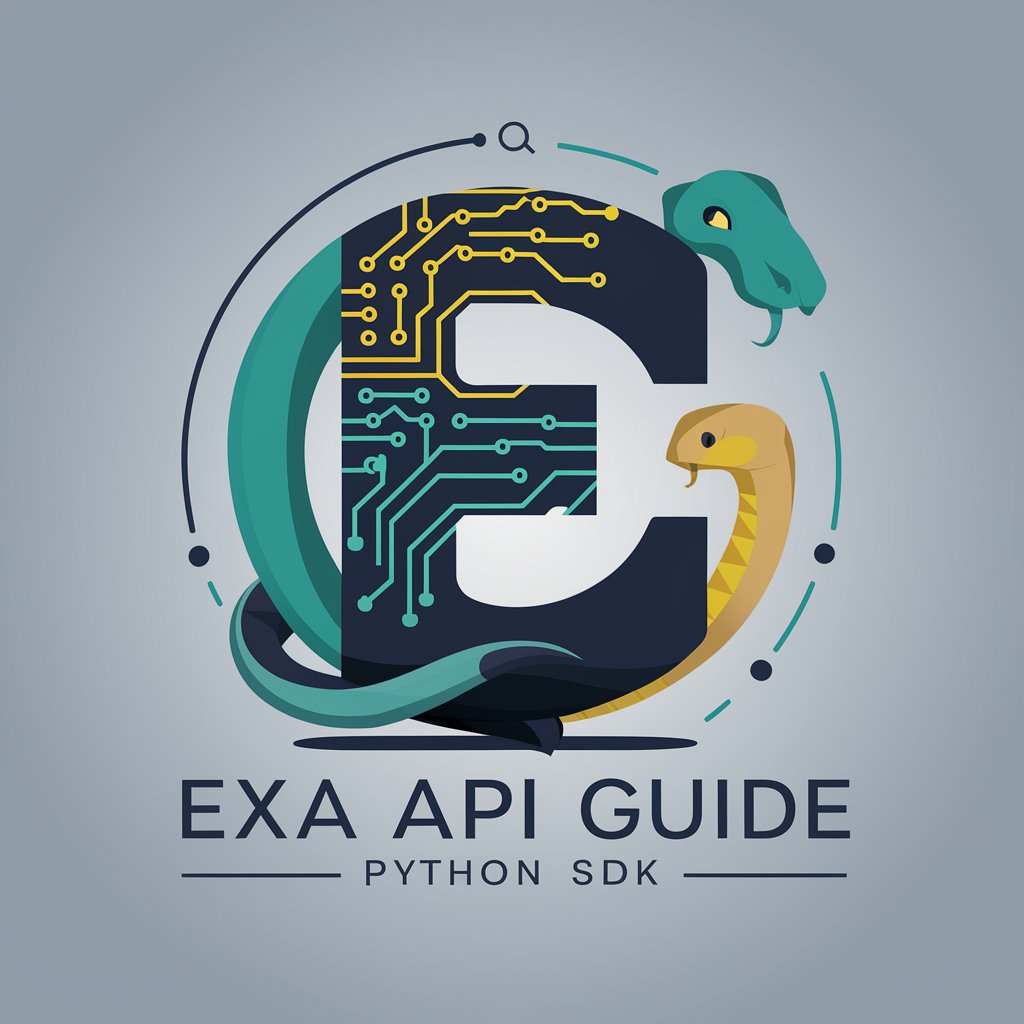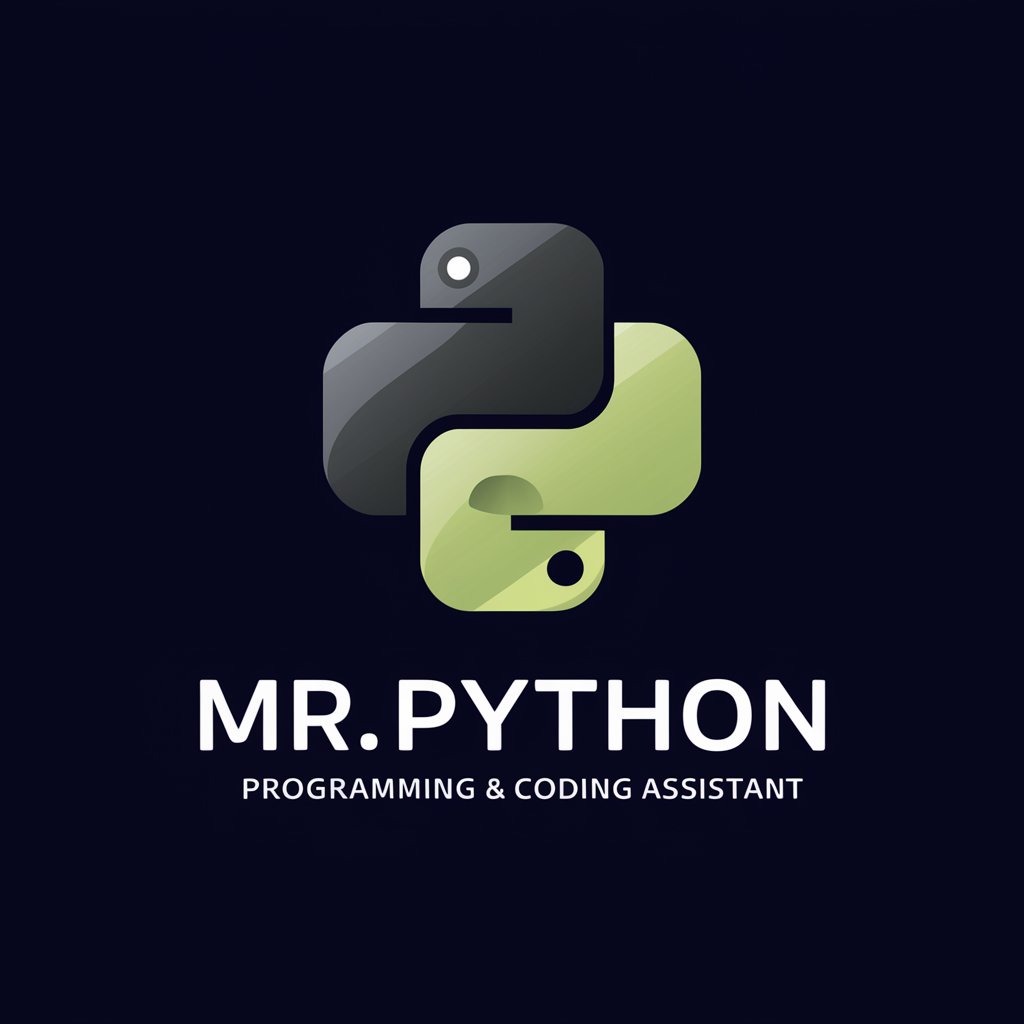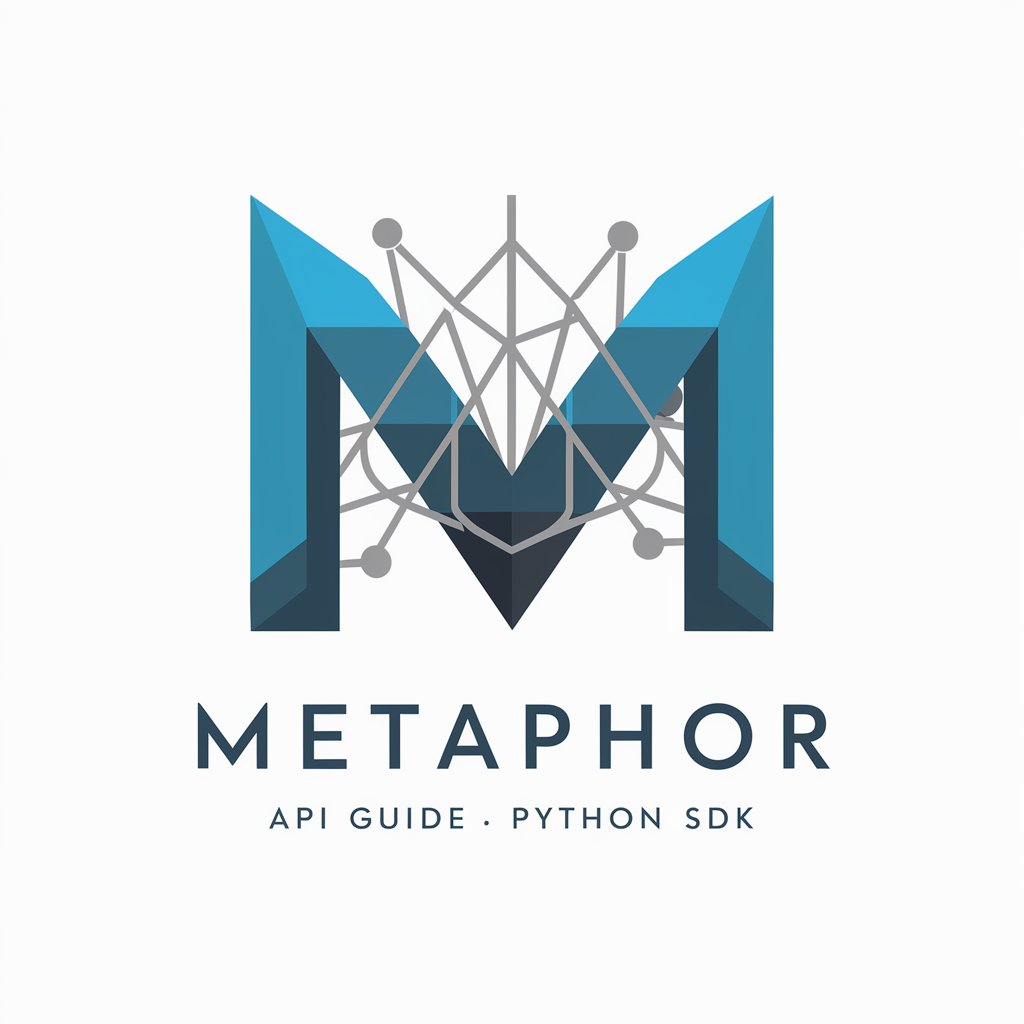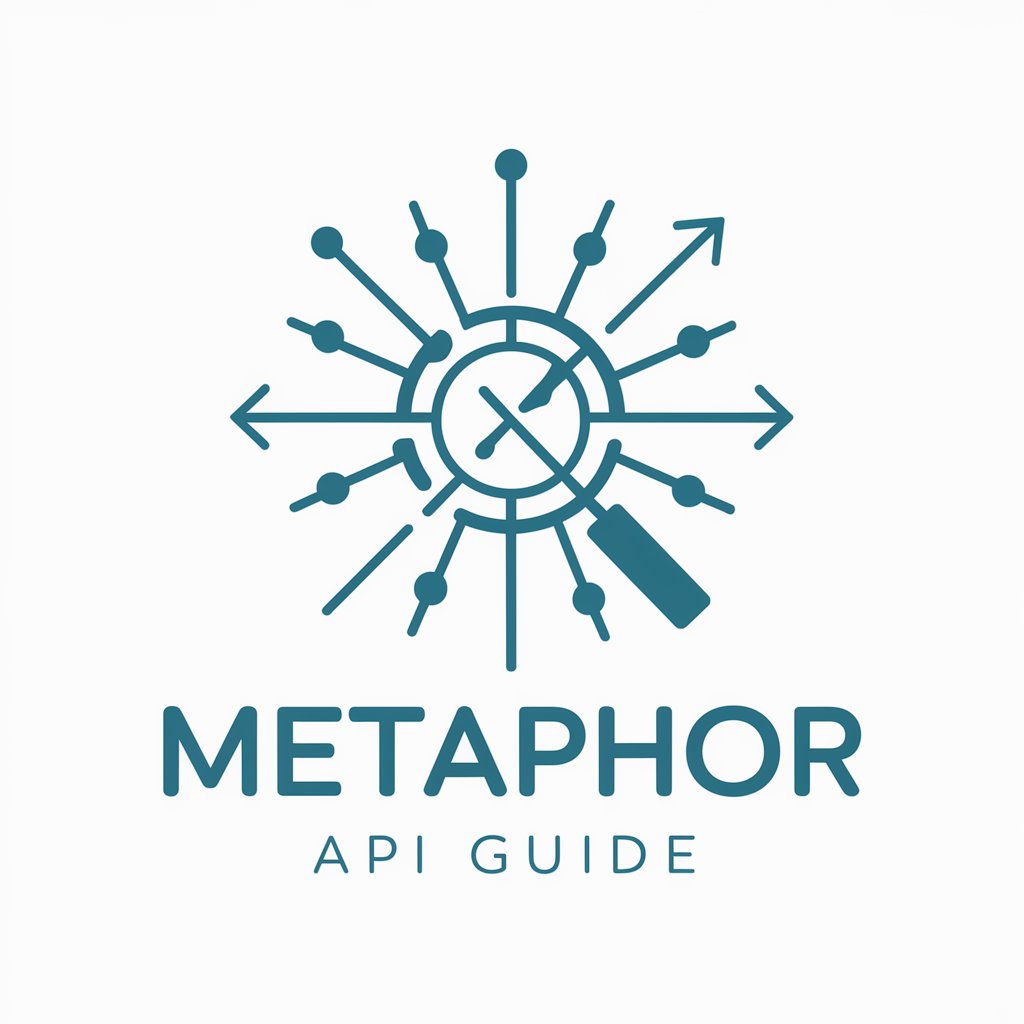
Exa (formerly Metaphor) Python SDK Guide - Neural Search Integration

Hello! Need help with Exa Python SDK?
Empower your search with AI-driven insights.
Explain how to use the Exa Python SDK to perform a search query...
Describe the process for finding similar content using the Exa API...
What are the steps to retrieve text contents for specific document IDs using Exa?
How can I use Exa's 'use_autoprompt' feature for optimized search queries?
Get Embed Code
Exa Python SDK Guide Overview
The Exa Python SDK Guide, formerly known as the Metaphor Python SDK Guide, is tailored for developers to interact with the Exa Search API efficiently using Python. Exa is a state-of-the-art neural search engine designed to understand and retrieve web content through embedding-based search queries. Unlike traditional search engines that rely heavily on keyword matching, Exa uses neural embeddings to grasp the semantic context of queries and documents in its index, providing results that are not only relevant but contextually aligned with the query's intent. The SDK simplifies the process of crafting queries, managing search parameters, and parsing results, making it easier for developers to integrate Exa's capabilities into applications. Example scenarios include developing a content recommendation system, enhancing research tools with deep search capabilities, or building intelligent agents that require an understanding of web content. Powered by ChatGPT-4o。

Key Functions of Exa Python SDK
search
Example
exa.search('Latest advancements in AI research', use_autoprompt=True)
Scenario
A developer is building an application that curates the latest research articles on various topics. By using the search function with the 'use_autoprompt' option, the application can retrieve high-quality, relevant articles on AI advancements for its users.
find_similar
Example
exa.find_similar('https://example.com/article-on-climate-change', exclude_source_domain=True)
Scenario
In a news aggregation platform, the find_similar function is used to find articles related to a specific story, excluding articles from the original source domain to ensure diversity in the content presented to the users.
search_and_contents
Example
exa.search_and_contents('Exploring Roman architecture', text=True, highlights=True)
Scenario
An educational platform uses the search_and_contents function to fetch detailed content and key highlights on Roman architecture. This enables the platform to provide enriched content with essential snippets to learners.
find_similar_and_contents
Example
exa.find_similar_and_contents('https://example.com/original-research', text={'max_characters': 1000}, highlights={'num_sentences': 3})
Scenario
A research collaboration tool employs find_similar_and_contents to find research papers similar to a given document and present a brief summary and key findings, facilitating quick review and comparison.
Target User Groups for Exa SDK
Developers and Engineers
Software developers and engineers who are building applications requiring search capabilities beyond simple keyword lookup benefit from Exa's SDK. The SDK's ability to understand and execute semantically rich queries makes it ideal for creating intelligent search experiences in research tools, content discovery platforms, and knowledge management systems.
Data Scientists and Researchers
Data scientists and researchers working on information retrieval, content analysis, and machine learning projects can leverage Exa's SDK to access a vast index of high-quality web content. Its neural search capabilities are particularly useful for gathering data sets, conducting literature reviews, and exploring subject matter in depth.
Product Managers and Content Strategists
Product managers and content strategists in the digital media, education, and e-commerce sectors can use Exa's SDK to enhance content discoverability and personalization. By integrating Exa's search and content retrieval functions, they can significantly improve user engagement and satisfaction through tailored content recommendations and insightful content exploration tools.

How to Use Exa Python SDK
Step 1
Obtain access by visiting yeschat.ai, which offers a free trial without the need for a login or a ChatGPT Plus subscription.
Step 2
Install the Exa Python SDK by running 'pip install exa_py' in your terminal to set up your environment.
Step 3
Initialize the SDK with your API key by creating an instance of the Exa class in your Python script.
Step 4
Use the 'search' or 'find_similar' functions to query the Exa search engine, ensuring your queries are formatted correctly for optimal results.
Step 5
Leverage the 'contents' method to retrieve detailed page contents, utilizing text and highlight options for enriched data extraction.
Try other advanced and practical GPTs
EduFund Advanced
Elevating Fundraising with AI

GptOracle | The Global Market Navigator
Navigating Global Markets with AI

Quantum Scent
Unveiling the Essence of AI in Perfumery and Quantum Computing

Boomer AI Buddy
Simplifying AI, Empowering You

Translator
AI-Powered, Instant Multi-Language Translation

Affiliate Marketing Pro
Empowering Your Affiliate Success with AI

한국어 과외 선생님
AI-Powered Korean Language Mastery

슈퍼자기경영 꿈 멘토링
Empowering your dreams with AI-driven guidance

学校とアカデミーの生活記録簿
Empower Learning with AI

Cada Día Más meaning?
Unlock insights daily with AI-powered clarity

Pocket CMO
Elevate your marketing with AI
Upskill Ops Electric Circuits Part 1
Empowering Circuit Learning with AI

Detailed Q&A about Exa Python SDK
What is the Exa Python SDK and what can it be used for?
The Exa Python SDK is a tool that allows developers to interact with the Exa search engine, enabling them to execute searches, retrieve page contents, and find similar content using a neural approach for enhanced search relevance and accuracy.
How do I authenticate and initialize the Exa SDK in my Python script?
Authenticate by passing your API key when creating an instance of the Exa class. For example, 'exa_instance = Exa(key=your_api_key)'. This will set up the SDK for subsequent search operations.
Can the Exa Python SDK handle complex search queries?
Yes, the SDK supports complex search queries, especially when 'use_autoprompt' is enabled, converting traditional queries into Exa-optimized ones, or you can craft specific Exa-style queries for more precise results.
What are the advantages of using the 'contents' method in the SDK?
The 'contents' method allows you to retrieve not just the URL and metadata but also the full text and intelligently selected highlights of web pages, making it invaluable for in-depth content analysis.
How does the 'find_similar' function work in the Exa SDK?
The 'find_similar' function lets you find web pages that are content-wise similar to a given URL. It's particularly useful for content discovery, competitive analysis, or research on topics with closely related information.





